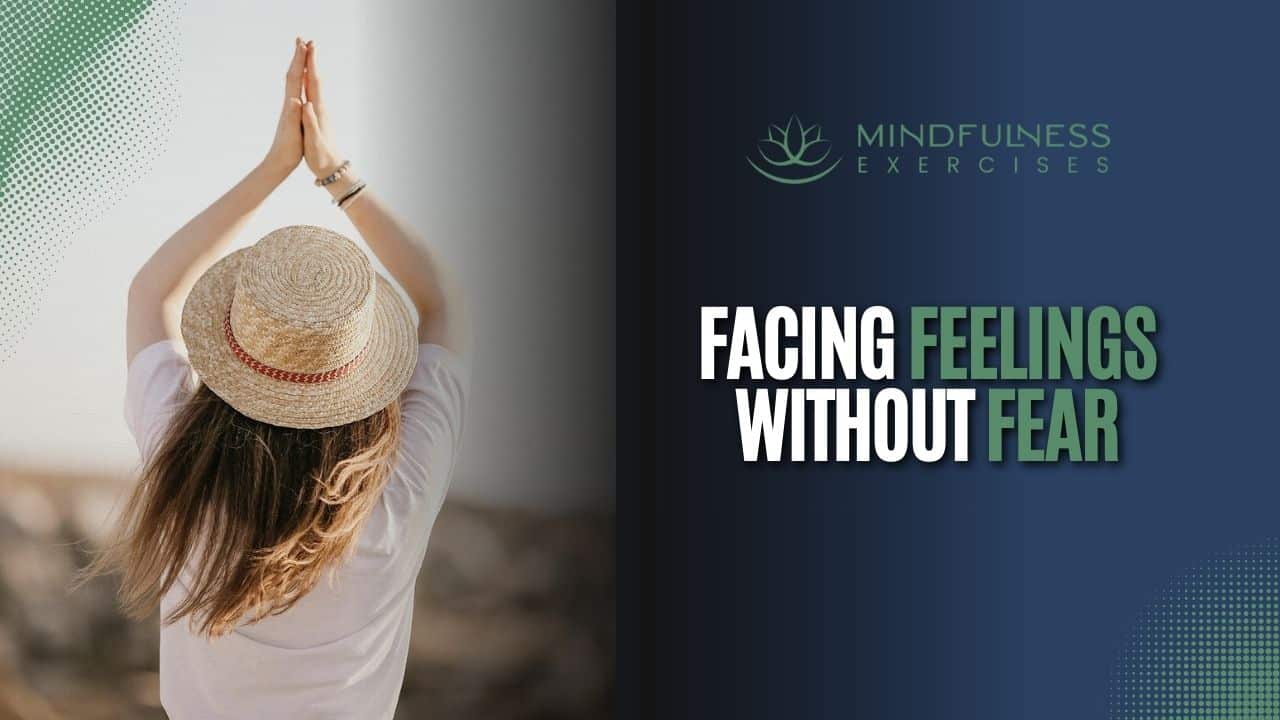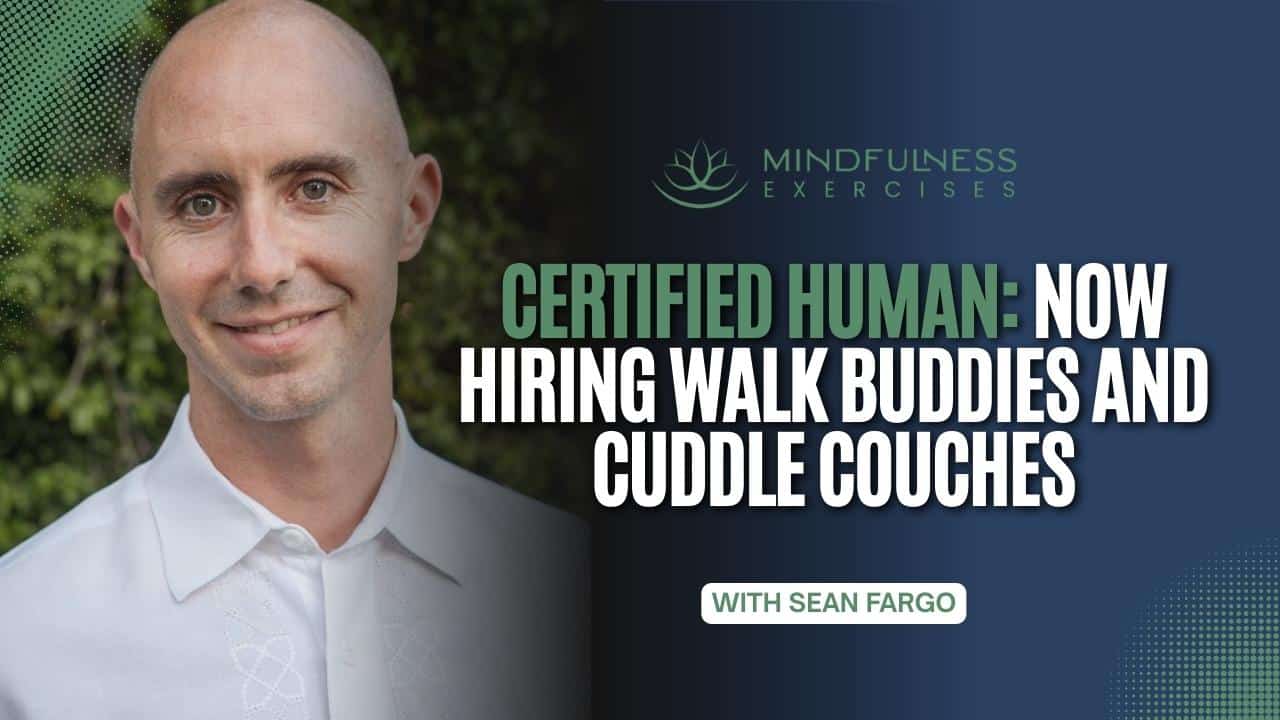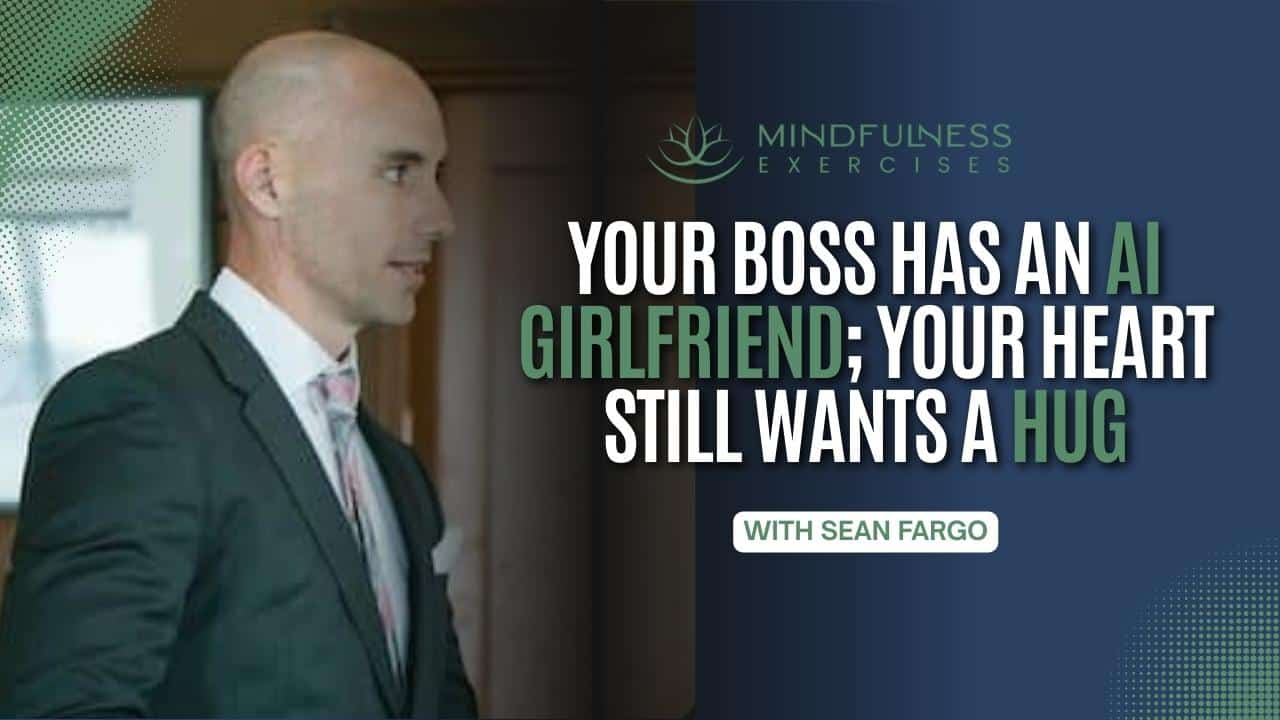Listen now
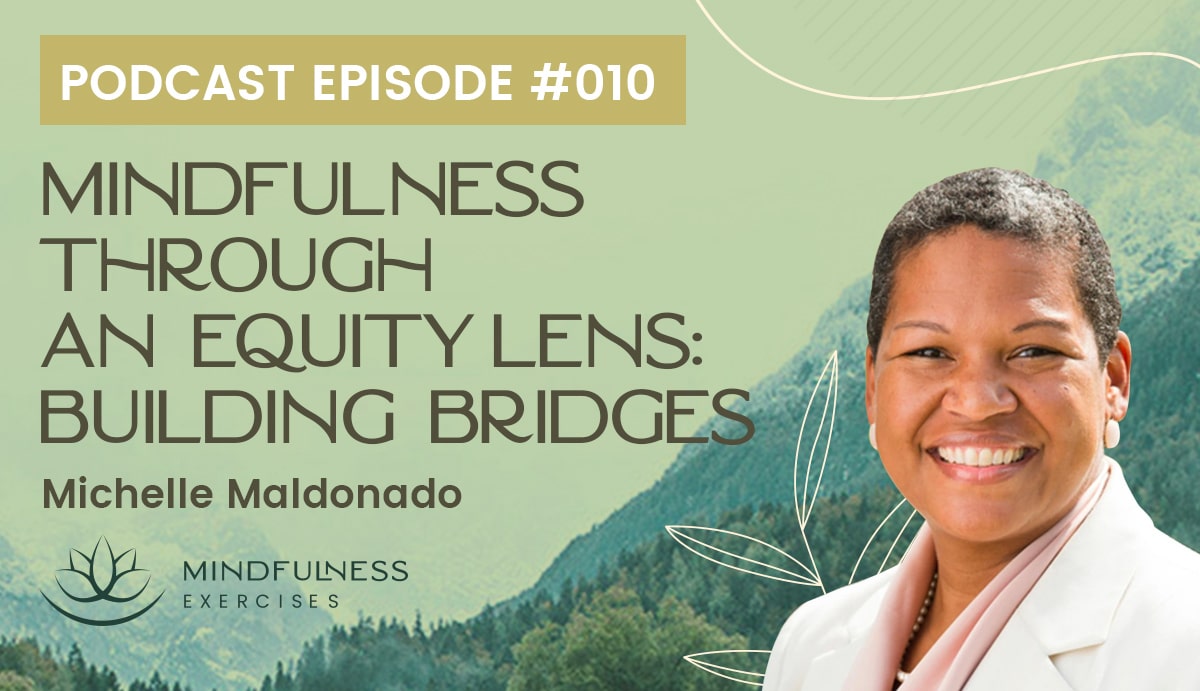
When viewed through an equity lens, mindfulness helps us connect with others and overcome unconscious biases.
In this episode, Michelle Maldonado encourages us to explore mindfulness not merely as a personal practice, but as a way of being in the world. When viewed from an equity lens, mindfulness becomes a powerful tool for transforming our judgment, unconscious bias and (often unintentional) microaggressions into opportunities for curiosity, introspection, and connection. Today’s topics include moving from judgment to curiosity, cultivating inner awareness to remove blind spots, and how to truly be anti-racist.
Sponsored by our Mindfulness Meditation Teacher Certification Program
MindfulnessExercises.com/Certify
Show Notes:
Mindfulness as the Way We Show Up in the World
Michelle begins her talk by asking us to consider our mindfulness practice not as an isolated event, but as a way of being in the world. If we identify ourselves as mindful, we might also ask, what is it that we are paying attention to, what are our values and beliefs, and what is our world view?
“Mindfulness is a way of being everywhere, at all times, in all places.”
Moving from Judgment to Curiosity
Michelle describes two scientific studies which highlight the importance of developing a bodily awareness of emotions. The body intuits things before the thinking mind becomes aware. Greater body awareness can help us catch habitual reactivity in the early stages and instead, pause and mindfully broaden our lens.
“There’s so much that happens between when it shows up in the body and when it shows up as a full awareness thought in the mind.”
How Unconscious Bias Arises
Our brain is constantly processing paradoxes, things that are seemingly contradictory or opposed to common sense. Michelle explains that in our effort to make sense of the world, we rely on the mind’s predictive nature. In an attempt to be efficient, the brain uses past information to set in motion emotions, behavior and even interpersonal responses before we know what’s actually going to happen. Overcoming this tendency to use past learning as a guide for present behavior is the work of mindfulness.
“When you have a situation where you think of somebody a certain way, whether you think they’re the best thing since sliced bread, or whether you think they’re just awful, you’ll be right. Because the brain is going to be looking for evidence to prove you were right.”
On Being Anti-Racist
Michelle emphasizes the importance of self inquiry, but also of being in conversation with one another as we peel back the layers of our own unconscious bias. As we know, the impact of our actions doesn’t always align with our intention. With mindfulness, however, we can begin to root out when and why we intentionally or unintentionally hurt others.
“There is such a thing as being anti-racist or just not racist. There is a distinction. It’s like the distinction between empathy and compassion. We say that compassion is empathy in action. Anti-racism is not being racist in action.”
When it comes to intersectionality, Michelle reminds us we won’t always get it right. Because we are human, we’ll never fully eradicate our flaws. But with mindfulness, we can still do miraculous things. We can learn to identify our transgressions, speak up, and mitigate. The journey is not easy, but with continuous curiosity and compassion for ourselves and others, we can each become a bridge to a better world.
Resources
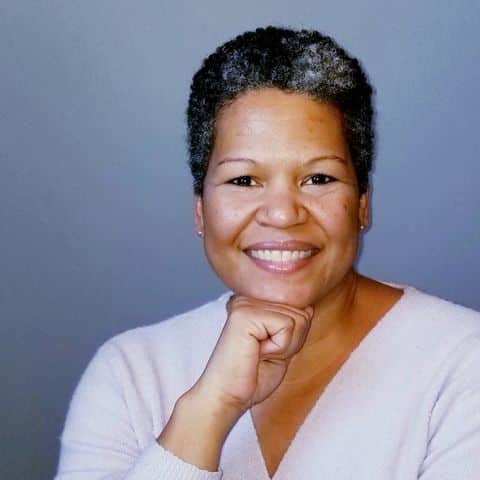
About Michelle Maldonado
Michelle Maldonado is a former corporate and tech attorney turned CEO of Lucenscia, a global firm dedicated to human flourishing and mindful business transformation. As a True North Leadership Teaching Fellow, mindfulness teacher and emotional intelligence educator, Michelle has worked with the world’s most powerful organizations in the education, corporate and government sectors, with the goal of elevating human consciousness and alleviating suffering.
Her personal compassion projects include A Bridge to Better. In it, Michelle and her family author an open letter to humanity, calling on us to courageously co-create the conditions for social and racial justice, a task which begins with mindfulness.

